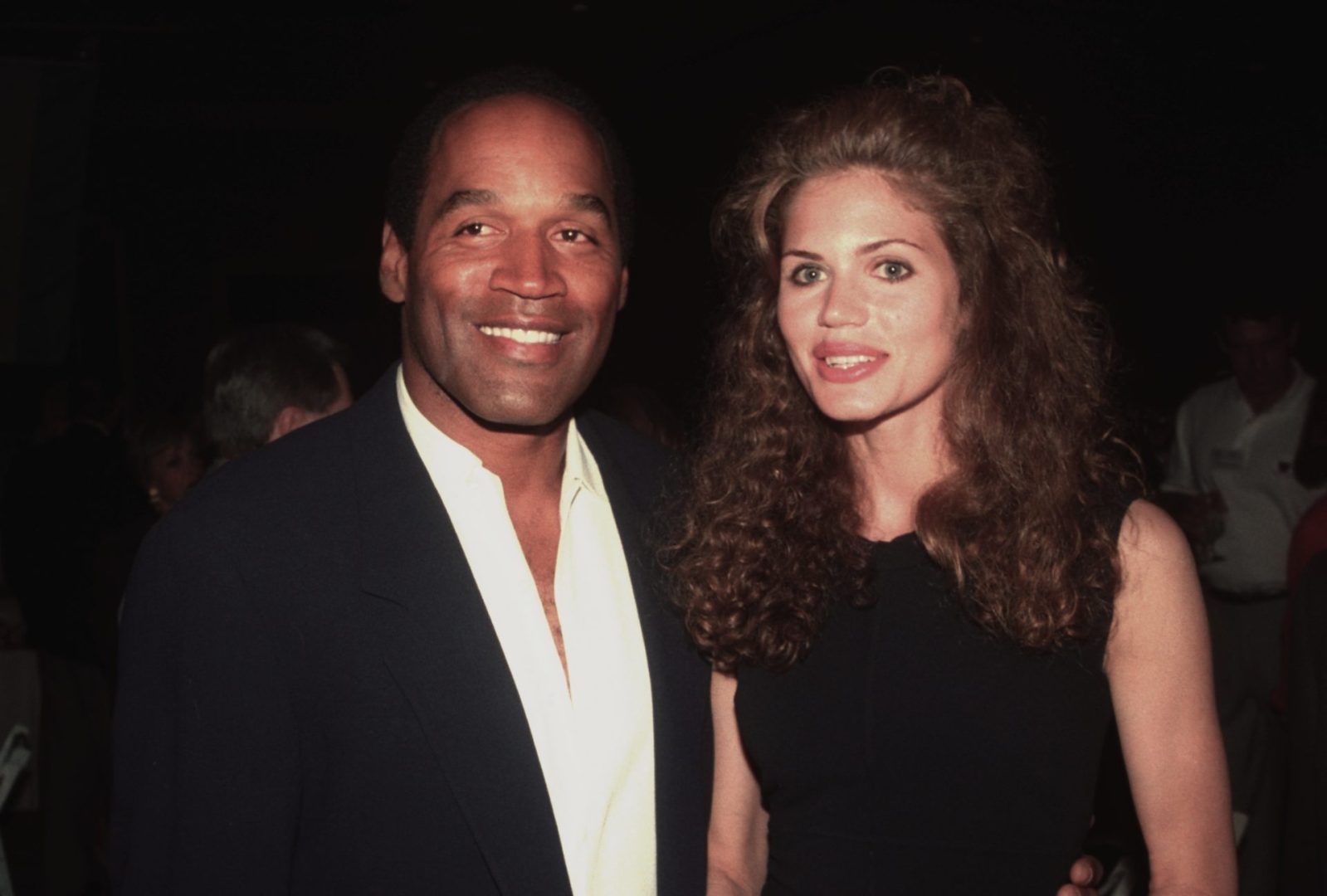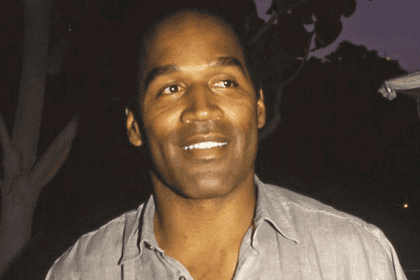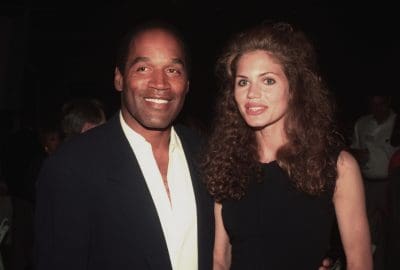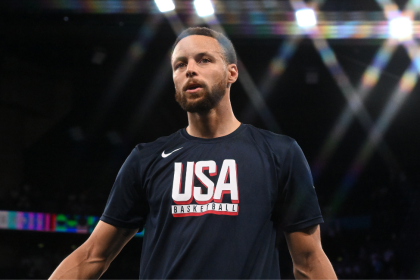O.J. Simpson, a name that conjures both admiration and controversy, has left an indelible mark on the NFL. His extraordinary skills on the football field made him a legend, while his life off the field sparked debate and scrutiny. This article explores the highs and lows of Simpson’s football career. It sheds light on his achievements, the controversies that shadowed his stardom, and his subsequent venture into television, reflecting his multifaceted public persona.
Early years and rise to fame
Born in San Francisco in 1947, Simpson faced a challenging childhood marked by economic hardship and health issues offset by his exceptional athletic talent. Simpson dominated college football at the University of Southern California, winning the Heisman Trophy in 1968. His transition to the NFL was marked by the Buffalo Bills drafting him first overall in 1969. His transition into the NFL was watched closely, and he faced immense pressure to replicate his college success professionally.
Simpson’s NFL career was stellar. He set records and redefined the role of a running back with his powerful yet graceful running style. His tenure in the NFL was not just about accumulating records but also about demonstrating a style of play that influenced future generations of running backs.
Breakthrough and dominance
Simpson’s early years with the Bills were challenging; the team struggled, and it took a few seasons for him to find his footing. However, his breakout year came in 1972, when he led the league in rushing for the first time. His ability to find holes, break tackles, and accelerate into the open field became hallmarks of his play.
The pinnacle of Simpson’s career was undoubtedly the 1973 season. Under the coaching of Lou Saban and the innovative offensive strategies of the Bills, Simpson became the first player in NFL history to rush for over 2,000 yards in a single season. Achieving this milestone in just 14 games made it even more impressive, setting a standard few have approached, and fewer have surpassed. His record of 2,003 rushing yards stood as a beacon of excellence and showcased his endurance, vision, and unmatched speed.
Beyond the regular season, Simpson was known for his performances in crucial games. His 1973 Thanksgiving Day game against the Detroit Lions, where he rushed for 273 yards, is one of the most remarkable performances in NFL history. Although his playoff appearances were limited due to the Bills’ overall team performance during his tenure, his ability to perform in high-stakes situations was evident.
Simpson’s dominance on the field was recognized repeatedly. He was named the NFL’s Most Valuable Player (MVP) in 1973, received the Bert Bell Award the same year, and was selected to the Pro Bowl five times (1972-1976), affirming his status as one of the top players in the league during the peak years of his career.
Simpson’s running style, characterized by his upright posture and fluid motion, redefined the approach to the running back position. His speed, power, and agility made him a threat from anywhere on the field, and his ability to make quick cuts and sudden stops allowed him to evade tacklers with ease. This style led to personal success and influenced how teams approached the running game.
Legacy and Hall of Fame
In recognition of his outstanding NFL career, Simpson was inducted into the Pro Football Hall of Fame in 1985. His career, though later overshadowed by his legal issues and off-field life, remains a significant chapter in NFL history. Simpson’s influence extends beyond the records he set, as he contributed to a deeper appreciation of the athletic and strategic elements of being a running back.
Simpson’s television career was multifaceted and demonstrated his remarkable adaptability and charisma, transcending his sports fame and allowing him to become a significant figure in the entertainment industry. Simpson smoothly transitioned into the media spotlight, leveraging his athletic fame into a successful career in television and film.
After retiring from professional football, Simpson began a career as a sports broadcaster, which was a natural fit given his deep knowledge of football and charismatic personality. He worked as a commentator for NBC Sports and on ABC’s “Monday Night Football,” covering the Olympics and other special sports events. His insightful commentary, bolstered by his firsthand experiences in the NFL, made him a respected figure in sports journalism.
Simpson also pursued acting. He appeared in numerous television shows and movies, most notably the Naked Gun film series. In these films, Simpson played the bumbling and likable police officer, Nordberg, showcasing his comedic timing and gaining a broader fan base outside of sports. His role in “The Naked Gun” series, particularly the first film, “The Naked Gun: From the Files of Police Squad!” (1988), was well-received, with audiences appreciating his knack for slapstick comedy and his ability to poke fun at himself.
Commercials, endorsements, and cameos
Simpson was also a highly sought-after personality for commercials and endorsements. His most famous advertising work was for Hertz rental cars, where he was depicted running through airports in a series of memorable ads that played up his image as a fleet-footed football star. These commercials were immensely popular in the late 1970s and 1980s and helped solidify Simpson’s reputation as a likable and marketable personality across America.
Beyond these primary roles, Simpson made several guest appearances on television shows, ranging from sitcoms like “The Jeffersons” to talk shows where he was featured as himself. These appearances helped maintain his visibility in the public eye and further diversified his career portfolio beyond athletics.
Despite his professional success, Simpson’s life was marred by controversies, including accusations of domestic violence that emerged during his marriage to Nicole Brown. These incidents cast a long shadow over his sporting achievements and significantly affected his public image. The complexities of his personal life received as much attention as his sports career, culminating in his infamous trial in the mid-1990s. Beyond its legal ramifications, the trial sparked a nationwide debate on race, celebrity, and the American justice system.
Simpson’s NFL legacy prompts a critical examination of how personal imperfections can obscure professional brilliance. It also raises important questions about the expectations placed on athletes in the public eye and how their legacies are shaped not just by their performance on the field but also by their actions off it. Simpson’s story is a powerful reminder of the complex interplay between a person’s professional achievements and personal life, serving as a lesson in the dynamics of fame, morality, and legacy in sports history.















